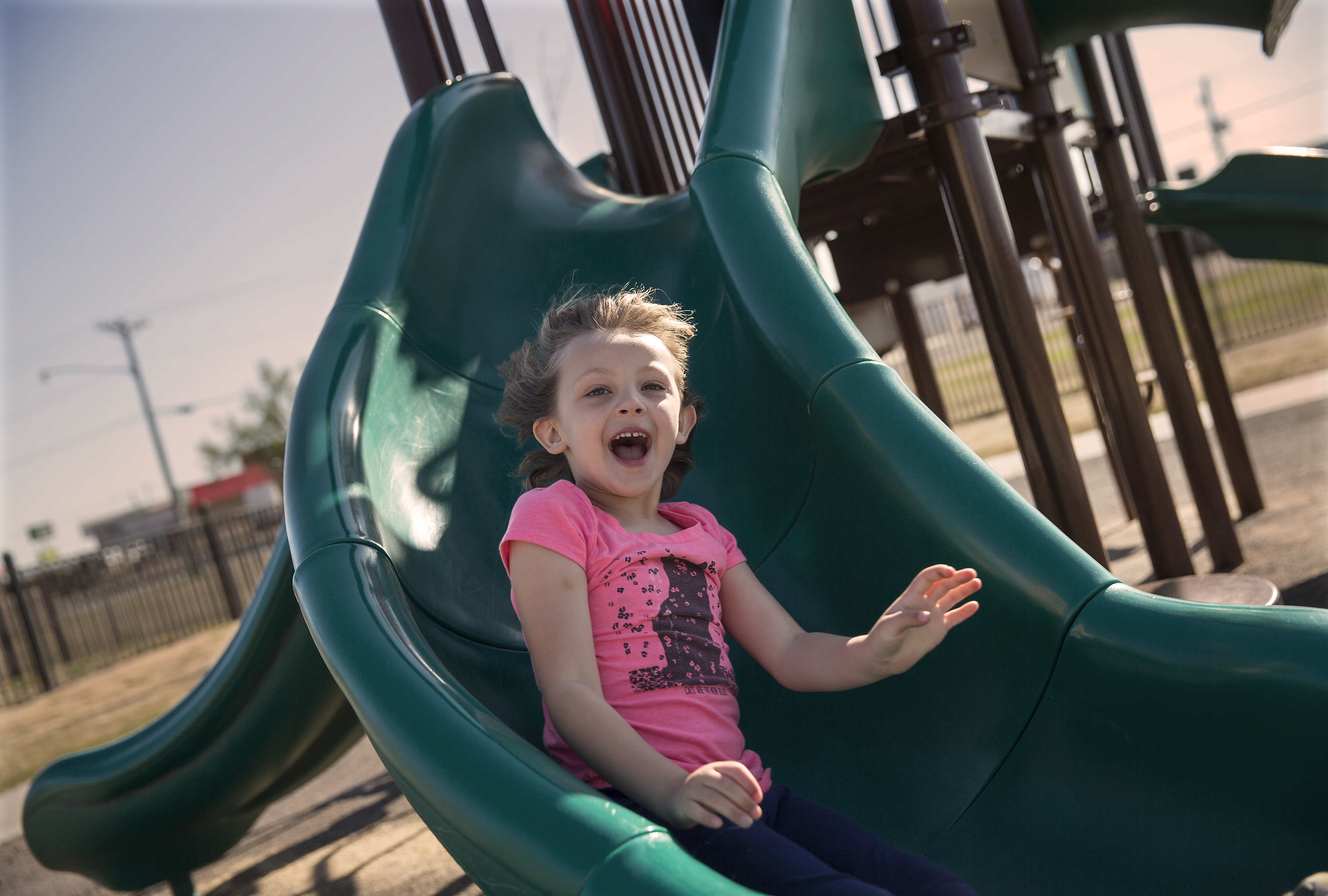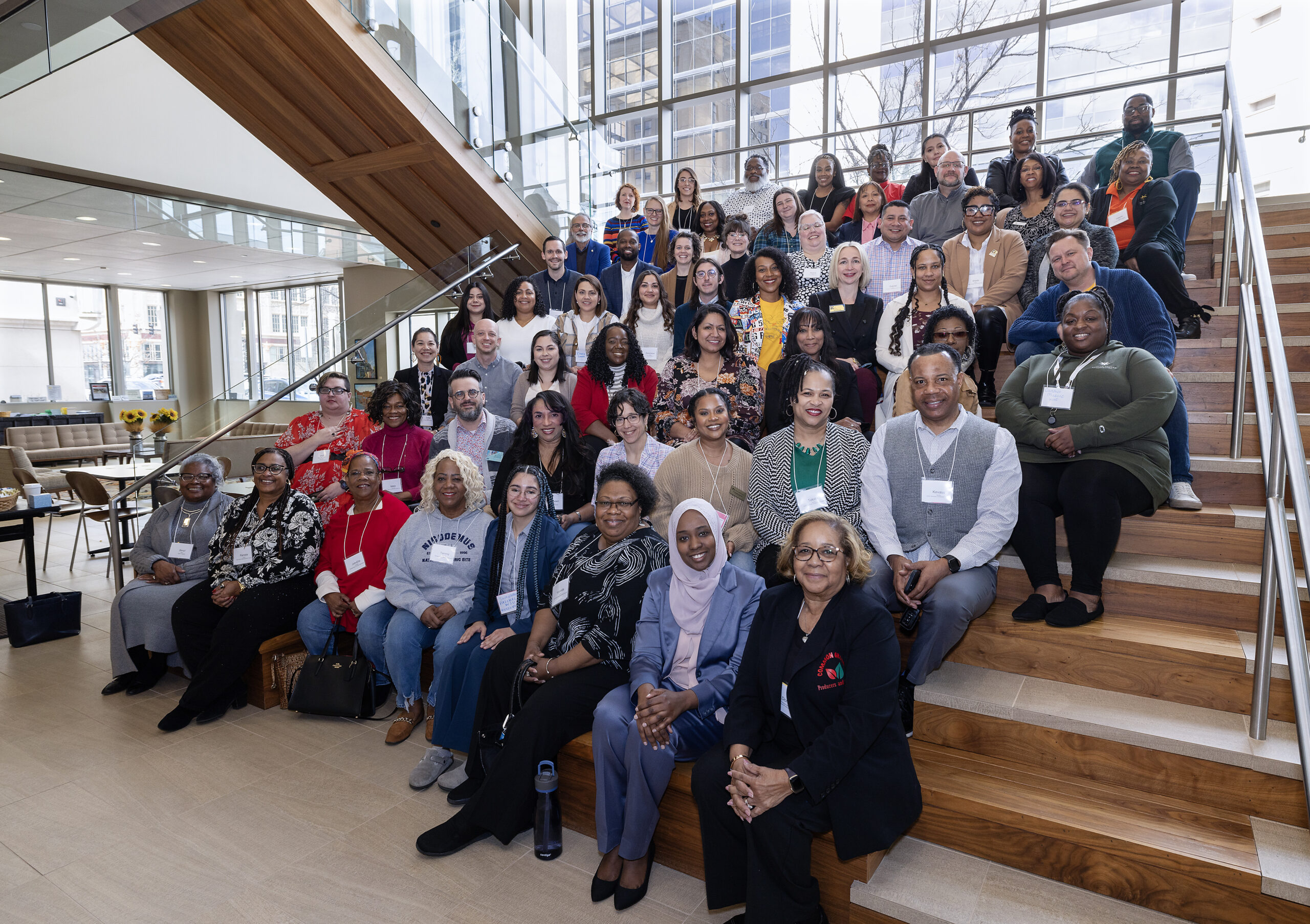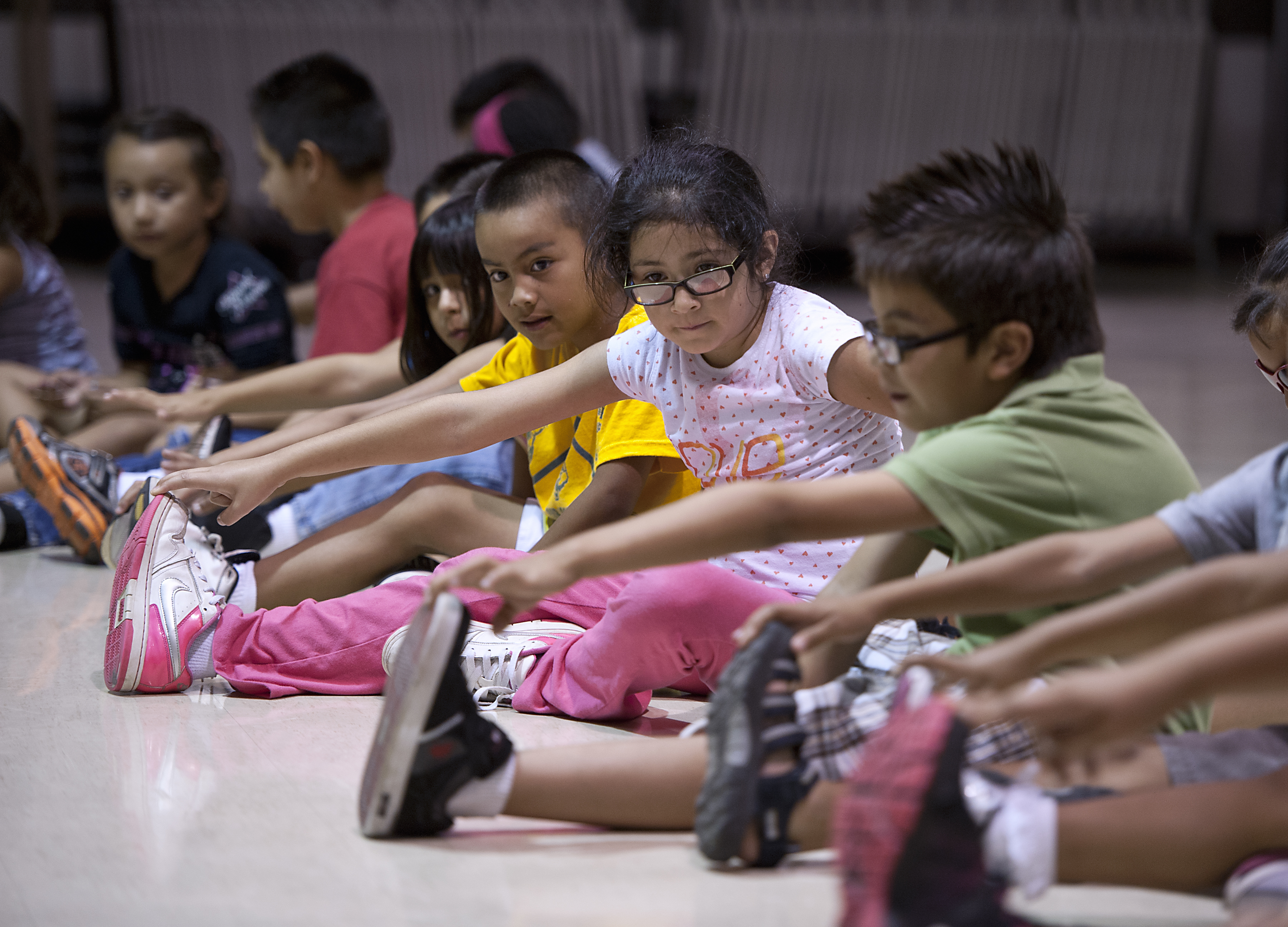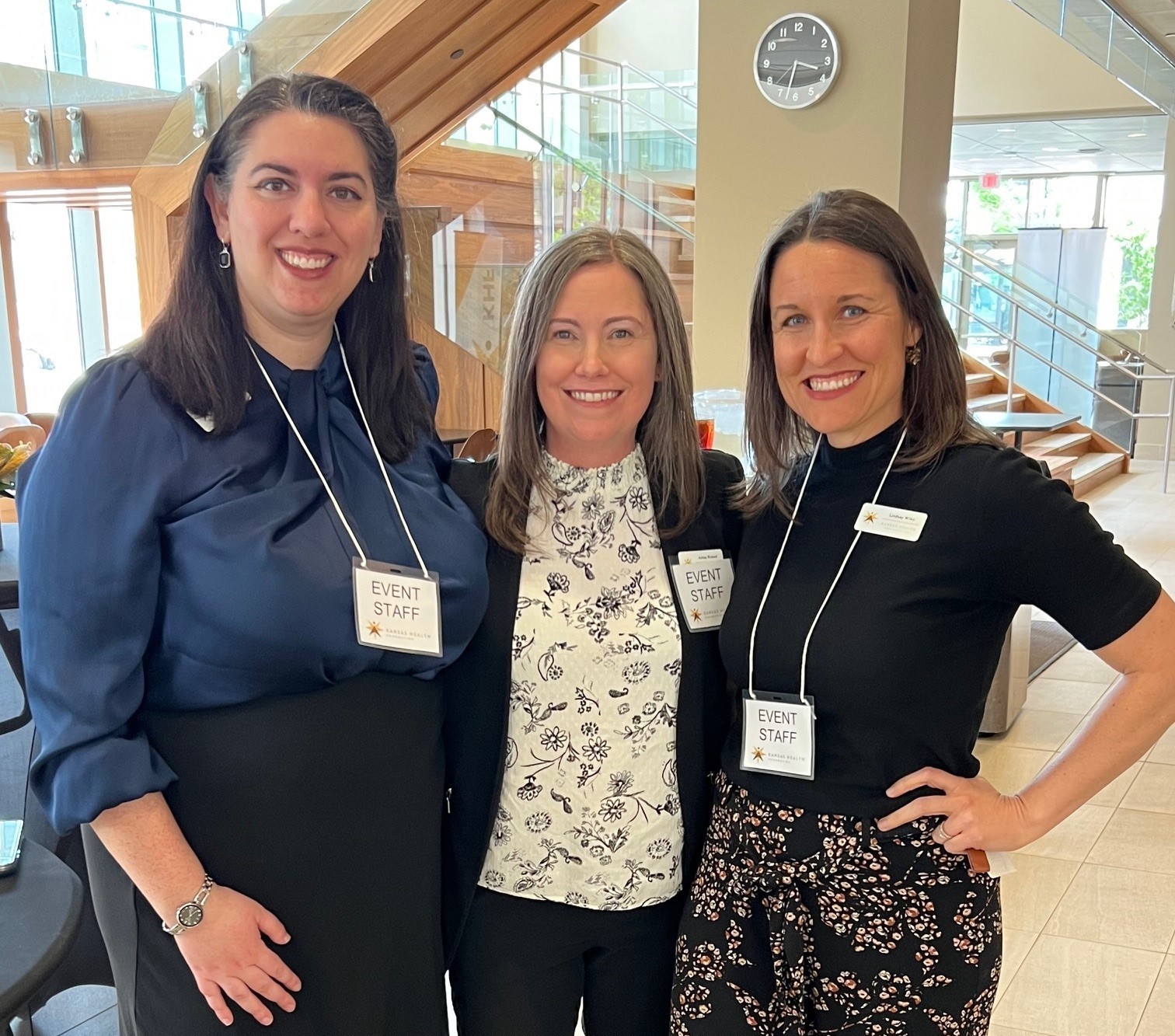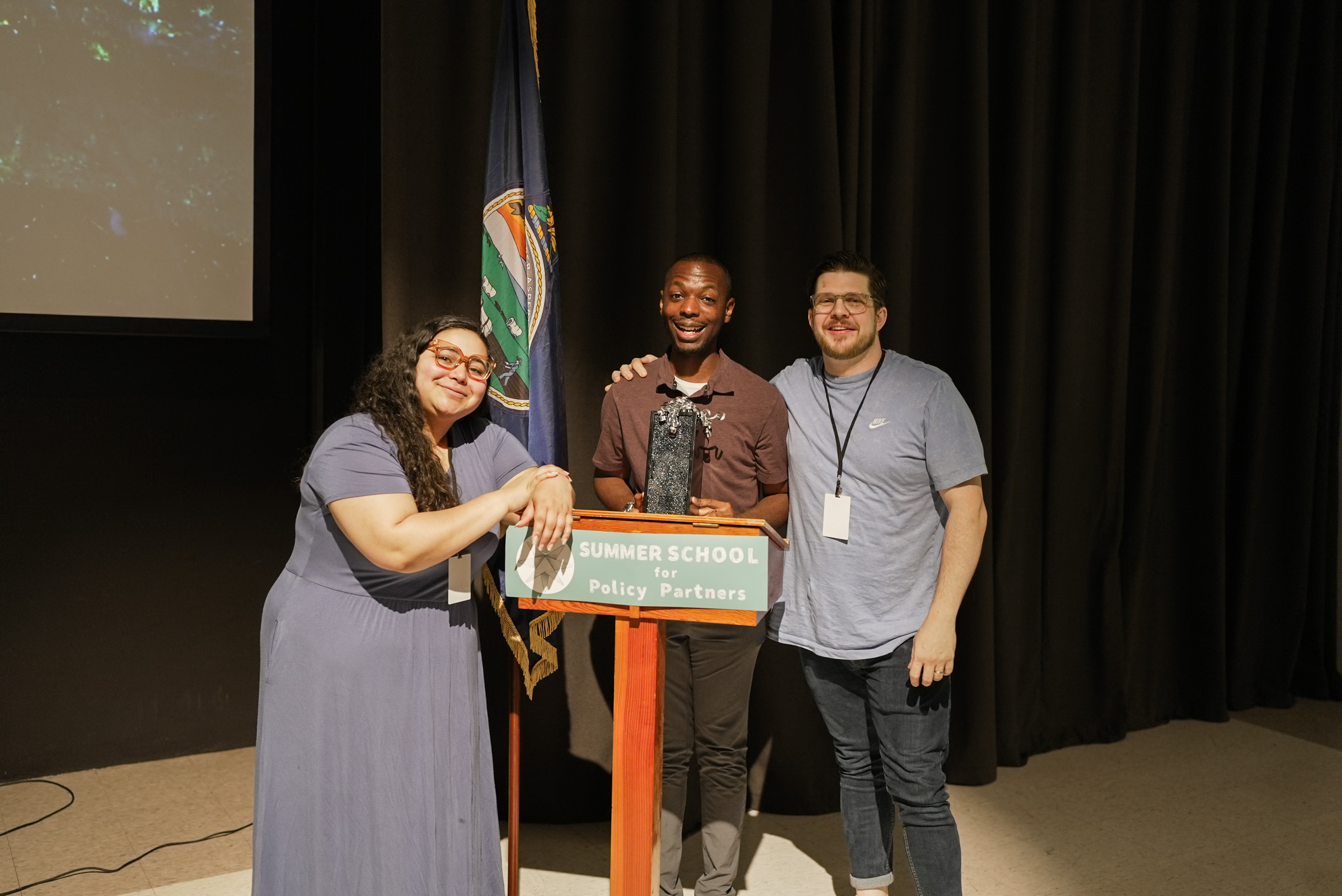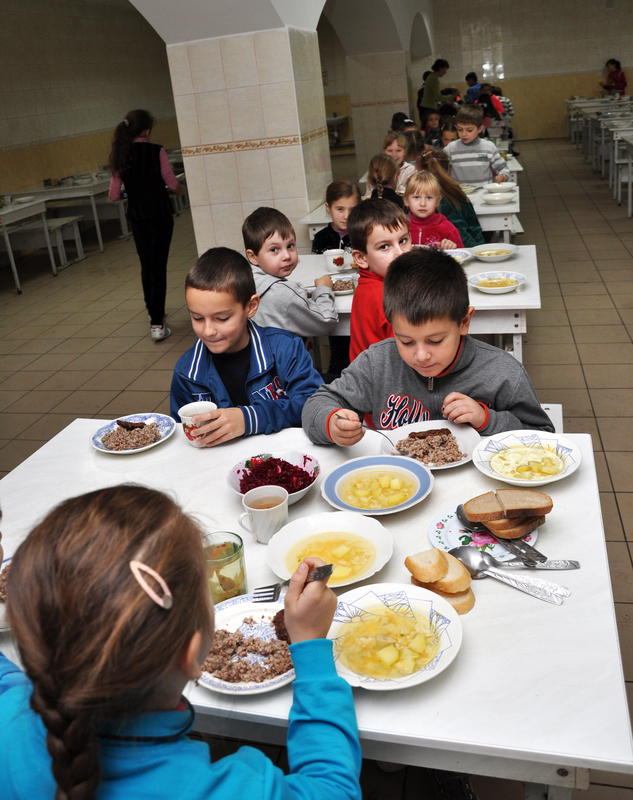Research shows that children from lower socioeconomic backgrounds have greater educational challenges in the classroom, which often relates to lower educational achievement.
In Kansas, more than 48% of all students in our public schools meet low-income eligibility requirements for free- or reduced-lunch (FRL) programs. This number has jumped dramatically in the last 10 years (39% of all students in 2008).
“When we look at overall educational achievement, we also have to consider the factors that contribute to learning,” said Steve Coen, KHF President and CEO. “Research shows that children living in poverty may exhibit behaviors in the classroom that interfere with learning, including short attention spans and helplessness.”
Some school districts have an even higher rate of low-income students – both in urban and rural areas of our state:
- Kansas City/Wyandotte: 86%
- Liberal: 82.7%
- Elk Valley: 81%
- Dodge City: 80.8%
- Topeka: 75.4%
- Parsons: 74.9%
- Wichita: 72%
“Poverty is affecting school districts and communities all across our state,” said Coen. “We have this false expectation that children will be able to learn math and reading in the classroom, when many children can’t focus because of hunger, needing warm clothes or absenteeism.”
Many of the school districts with greater free- or reduced-lunch participation also have lower graduation rates, and elementary children have lower levels of reading and math proficiency. For example, in Wichita public schools (72% FRL), graduation rates are 73.9%, compared to a state average of 86.9%. And, 25.6% of 4th graders are at the lowest reading proficiency level, compared to a state average of 15.1%. Other examples for high FRL school districts include:
- Kansas City/Wyandotte: graduation rate = 71%; 4th grade reading = 36.2%
- Liberal: graduation rate = 87.2%; 4th grade reading = 26.8%
- Dodge City: graduation rate = 91.4%; 4th grade reading = 29.3%
- Topeka: graduation rate = 77.4%; 4th grade reading = 29.3%
“For a strong economic future for our state, we need all Kansas students to have the academic skills and abilities to meet the workforce needs and demands,” said Coen. “That means we need to help build reading proficiency for elementary students so they have the necessary foundation of learning for middle and high school coursework. This will ultimately help with higher graduation rates and assuring that young people have the skills to be prepared for the workforce or higher education.”
The Kansas Health Foundation is in the process of researching how school districts in different states have worked to integrate policies and interventions to support literacy and improving graduation rates. This research will help inform our strategic direction and future grantmaking in the Educational Attainment area.

